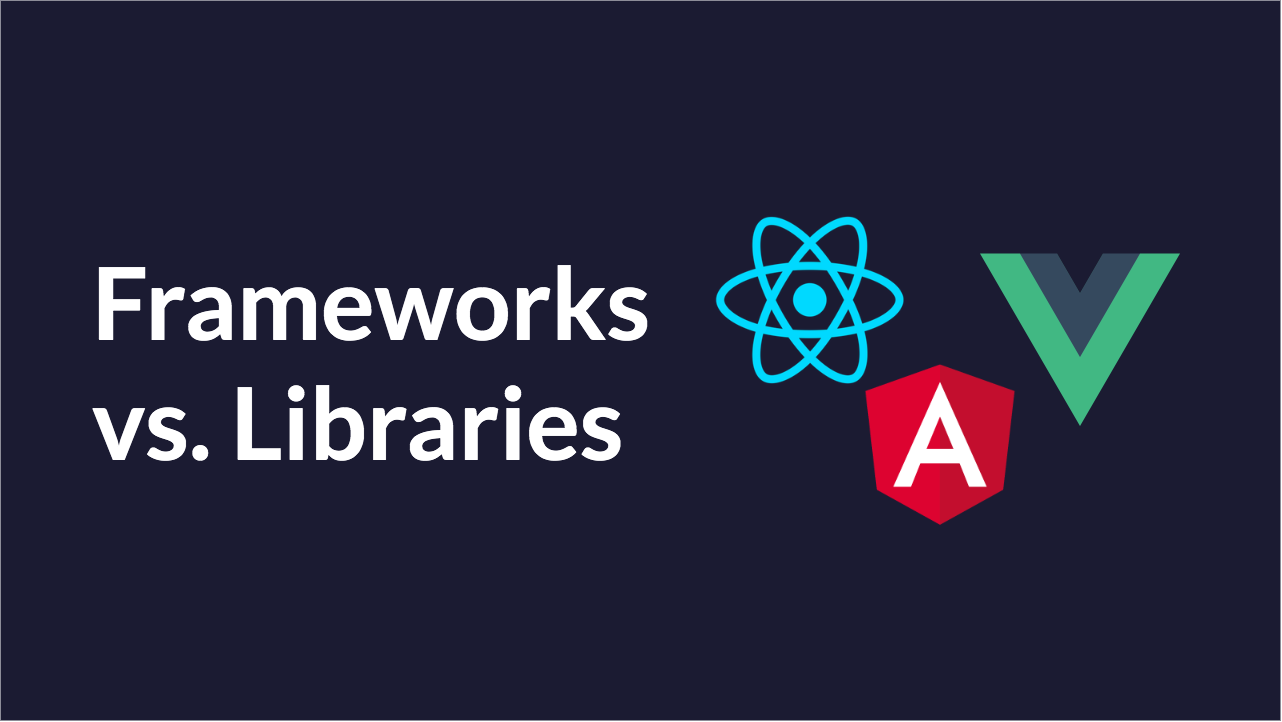Demystifying Libraries and Frameworks: Understanding the Key Differences
 Manuj Jain
Manuj Jain
I've been working as a technical writer and a software developer for a few years now, and one thing that always confused me was the difference between libraries and frameworks. I used to think they were the same thing, but I recently learned that they are actually quite different. In this blog post, I want to share what I've learned about the key differences between libraries and frameworks.
Understanding Libraries
When I first started learning about libraries, I thought they were just a collection of functions that I could use in my code. And while that's partially true, libraries are actually much more than that. A library is a collection of reusable code that you can use to solve specific problems. For example, if you need to work with dates in JavaScript, you can use the Moment.js library to make it easier.
One key difference between libraries and frameworks is that libraries are typically more focused in scope. They provide specific functionality that you can use as needed, but they don't impose any specific structure on your code. To illustrate this point, let's take a look at an example of using the Lodash library in JavaScript:
const _ = require('lodash');
const numbers = [1, 2, 3, 4, 5];
const sum = _.sum(numbers);
console.log(sum); // Output: 15
Here, we're using the sum function from the Lodash library to calculate the sum of an array of numbers. The Lodash library provides a variety of utility functions like this that you can use in your code as needed.
Understanding Frameworks
Frameworks, on the other hand, are more comprehensive and prescriptive. A framework is a set of tools, rules, and conventions that provide a structure for your code. When you use a framework, you're essentially building your code within a predefined architecture. Frameworks provide a way to standardize development practices and ensure consistency across an entire project.
An example of a popular framework is the Express framework for Node.js. Express provides a set of tools and conventions for building web applications, including routing, middleware, and templating. Let's take a look at an example of using the Express framework to create a basic server:
const express = require('express');
const app = express();
app.get('/', (req, res) => {
res.send('Hello World!');
});
app.listen(3000, () => {
console.log('Server listening on port 3000');
});
Here, we're using the express function from the Express framework to create a new web application. We're then defining a route for the root URL and sending a simple "Hello World!" message as the response. Finally, we're starting the server and listening on port 3000.
Comparing Libraries and Frameworks
The key difference between libraries and frameworks is that libraries are more focused and give you more control over your code, while frameworks are more prescriptive and provide a structure for your code. Libraries are typically easier to learn and use, but they require more work to set up and integrate into your code. Frameworks, on the other hand, are more difficult to learn and use, but they provide a more structured approach to development that can save time and reduce errors.
When deciding whether to use a library or a framework, it's important to consider the scope and complexity of your project. If you're building a small project with a few specific requirements, a library may be sufficient. But if you're building a large project with many moving parts, a framework may be a better choice to ensure consistency and maintainability
Subscribe to my newsletter
Read articles from Manuj Jain directly inside your inbox. Subscribe to the newsletter, and don't miss out.
Written by

Manuj Jain
Manuj Jain
Technology, politics, and history: often, I find myself drawn to the intersection of these fields. When I am not writing or coding, I spend my time staying up-to-date on the latest developments in the tech industry, reading about political and historical events, and exploring new ideas and perspectives. I am always looking for new and exciting opportunities to learn and grow as a writer and developer.